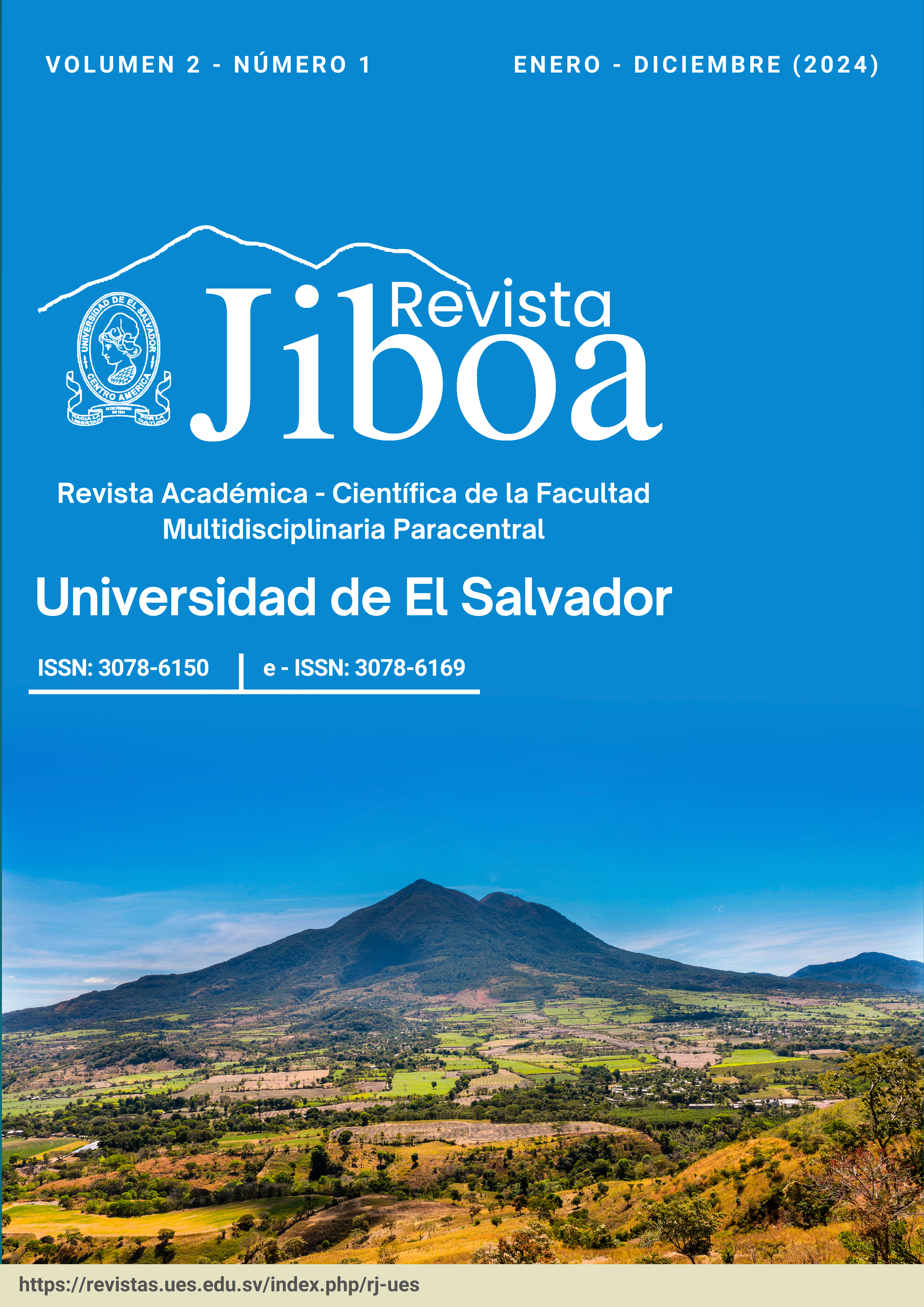De los libros a las pantallas: la evolución de las herramientas de estudio
Palabras clave:
aprendizaje, educación, herramientas de estudio, inteligencia artificial, tecnologíaResumen
Este estudio de revisión bibliográfica pretende hacer llegar al lector a una reflexión sobre uno de los cambios más importantes que enfrenta la educación superior actualmente: la incorporación de la tecnología en las diferentes actividades educativas y especialmente en la del uso que se le da como herramienta de estudio por parte de los estudiantes. Para llegar a los resultados se hizo una revisión bibliográfica de diez autores, tomando como referencia artículos de revista y libros con temáticas relacionadas con la teoría del aprendizaje, la tecnología en la educación y la incorporación de la inteligencia artificial en el proceso educativo. Dentro de la discusión se destacan valiosos elementos que llevan a analizar que si bien la tecnología está presente en la educación desde hace varias décadas, se ha visto como en los últimos años se ha revolucionado la forma de enseñar y aprender en las aulas físicas y en los ambientes virtuales, es evidente que las nuevas generaciones poseen una gran familiarización con las interfaces digitales, pero esto no es suficiente para asegurar que se le dé un uso adecuado a dichas plataformas, ni garantiza conocimientos sólidos en su formación, se debe trabajar desde todas las áreas para lograr que el uso de la tecnología aporte e impacte positivamente en la formación de profesionales competentes y capaces de generar nuevos conocimientos. Así mismo dentro del artículo se plantea una serie de argumentos que comparan y destacan el uso, importancia y experiencia de las herramientas de estudio impresas, es decir los libros y las herramientas de estudio tecnológicas.
Referencias
Atencio-González, R. E., Bonilla-Ron, D. E., Miles-Flores, M. V., & López-Zavala, S. Á. (2023). Chat GPT como recurso para el aprendizaje del pensamiento crítico en estudiantes universitarios. Revista Interdisciplinaria de Humanidades, Educación, Ciencia y Tecnología, 9(17), 20-28. https://doi.org/10.35381/cm.v9i17.1121
Fernández Palop, M. P., Caballero García, P. A., & Fernández Bravo, J. A. (2017). El libro de texto como objeto de estudio y recurso didáctico para el aprendizaje: fortalezas y debilidades. Revista Electrónica Interuniversitaria de Formación del Profesorado, 20(1), 201-217. http://www.redalyc.org/articulo.oa?id=217049688014
Gallent-Torres,, C., Zapata-González, A., & Ortego-Hernando, J. L. (2023). El impacto de la inteligencia artificial generativa en educación superior: una mirada desde la ética y la integridad académica. Revista Electrónica de Investigación y Evaluación Educativa, 29(2). https://doi.org/10.30827/relieve.v29i2.29134
García-Peñalvo, F. J., Llorens-Largo, F., & Vidal, J. (2024). La nueva realidad de la educación ante los avances de la inteligencia artificial generativa. Revista Iberoamericana de Educación a Distancia, 27(1), 1-27. https://doi.org/10.5944/ried.27.1.37716
Lizárraga Celaya, C., & Díaz Martínez, S. L. (2007). Uso de software libre y de internet como herramientas de apoyo para el aprendizaje. Revista Iberoamericana de Educación a Distancia, 10(1), 83-100. http://www.redalyc.org/articulo.oa?id=331427206007
Méndez García, R. M. (2009). Los estudiantes: su percepción sobre lo que implica "ser estudiantes" y "hacer universidad". Revista de Investigación Educativa, 27(1), 9-26. https://www.redalyc.org/articulo.oa?id=283322804002
Rodríguez Hidalgo, C. (2013, enero-junio). El potencial curricular de los libros de texto para generar experiencias de aprendizaje. Educación, 37(1), 119-129. http://www.redalyc.org/articulo.oa?id=44028564006
Sarrazola-Alzate, A. (2023). Uso de ChatGPT como herramienta en las aulas de clase. EIA, 20(40), 1-23. https://doi.org/10.24050/reia. v20i40.1718
Segarra Ciprés, M., Grangel Seguer, R., & Belmonte Fernández, Ó. (2024). ChatGPT como herramienta de apoyo al aprendizaje en la educación superior: una experiencia docente. Tecnología, Ciencia y Educación, 28. https://doi.org/10.51302/tce.2024.19083
Tramallino, C. P., & Zeni, A. M. (2024). Avances y discusiones sobre el uso de inteligencia artificial (IA) en educación. Educación, 33(64), 29-54. https://doi.org/10.18800/educacion.202401.M002
Descargas
Publicado
Número
Sección
Licencia
Derechos de autor 2024 Revista Jiboa

Esta obra está bajo una licencia internacional Creative Commons Atribución-NoComercial-CompartirIgual 4.0.








